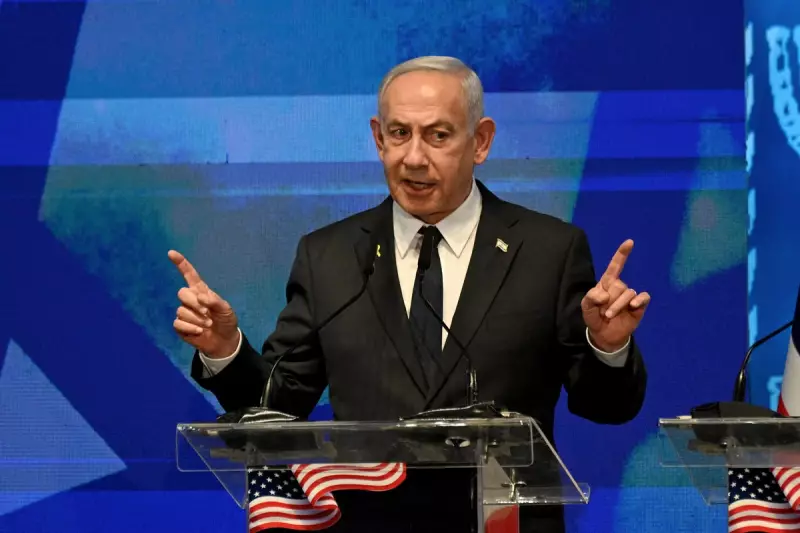
Israeli Prime Minister Benjamin Netanyahu has publicly rebuffed intense international pressure, declaring that military strikes on Gaza will continue with "full force" even as ceasefire talks mediated by Qatar are underway.
The stark declaration sets Israel on a direct collision course with the United States, its foremost ally, which has repeatedly expressed deep concerns over the planned major offensive in the densely populated southern city of Rafah.
Qatar's Delicate Mediation Role Under Strain
The timing of Netanyahu's statement is particularly sensitive, delivered just as Qatari mediators were engaged in discussions with an Israeli delegation in Doha. These talks aim to broker a temporary pause in the fighting in exchange for the release of hostages still held by Hamas.
This firm stance from Jerusalem places Qatar, a key intermediary throughout the conflict, in an increasingly difficult position. The Gulf state has been instrumental in facilitating previous truces and hostage exchanges.
US-Israel Tensions Reach New Height
The public rift between Washington and Jerusalem is widening. A planned in-person meeting between Israeli and US officials to discuss alternatives to a full-scale Rafah invasion was abruptly cancelled by Netanyahu, a move seen as a significant snub to the Biden administration.
Instead, Israeli Defence Minister Yoav Gallant is scheduled to travel to Washington for talks, highlighting the critical nature of the disagreement. The US has warned that an invasion of Rafah, where over a million displaced Palestinians are sheltering, would be a "disaster" and has demanded to see a credible plan to protect civilians.
International Condemnation and Warnings
The UK Foreign Office has joined a chorus of international voices expressing grave concern. A government spokesperson stated that the UK is "deeply concerned about the prospect of a military offensive in Rafah" and emphasised that the priority must be "an immediate pause in the fighting to get aid in and hostages out."
With Netanyahu doubling down on his military strategy, the path to a negotiated ceasefire appears increasingly fraught, raising fears of a significant escalation in the conflict in the coming days.





